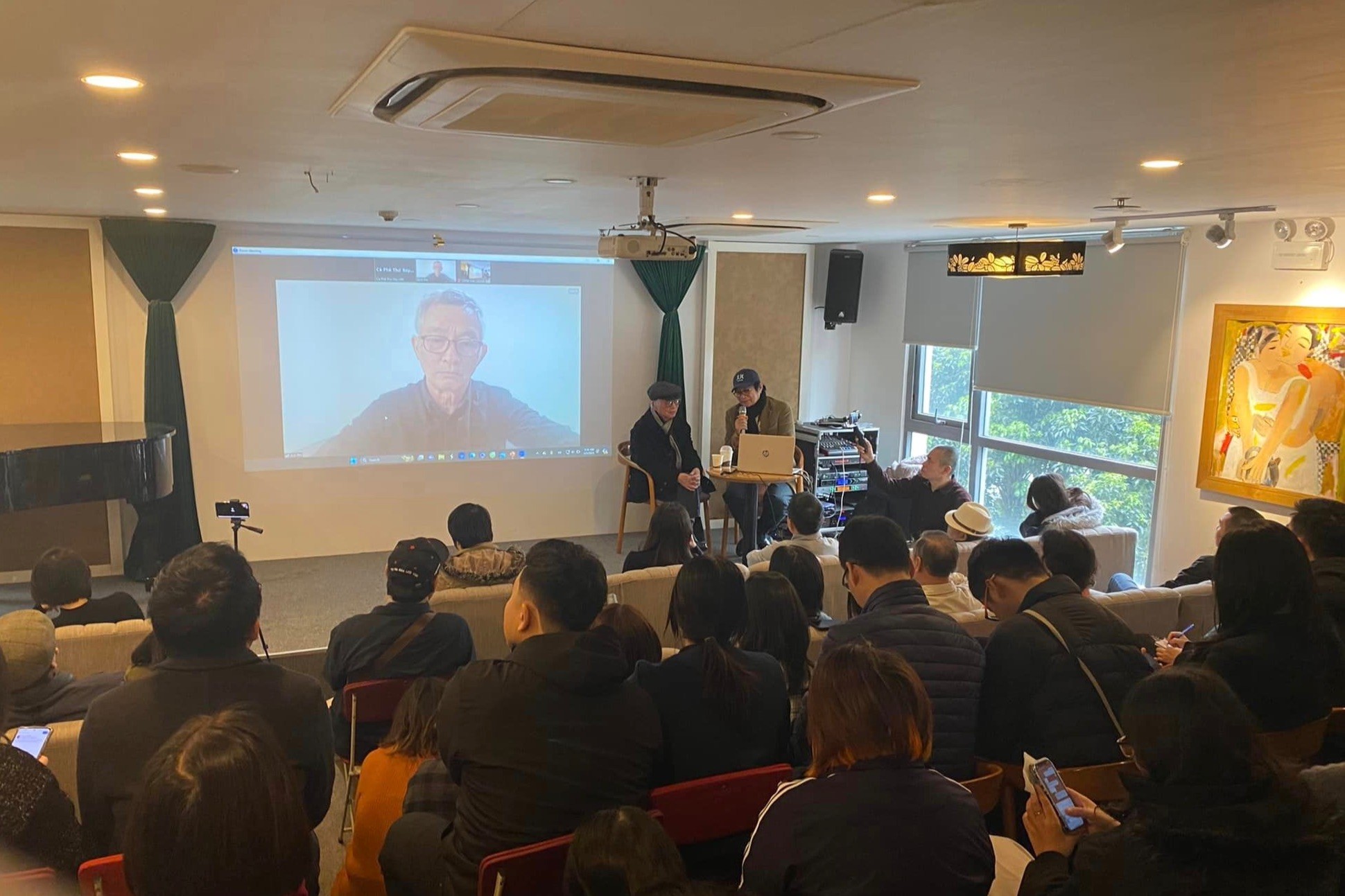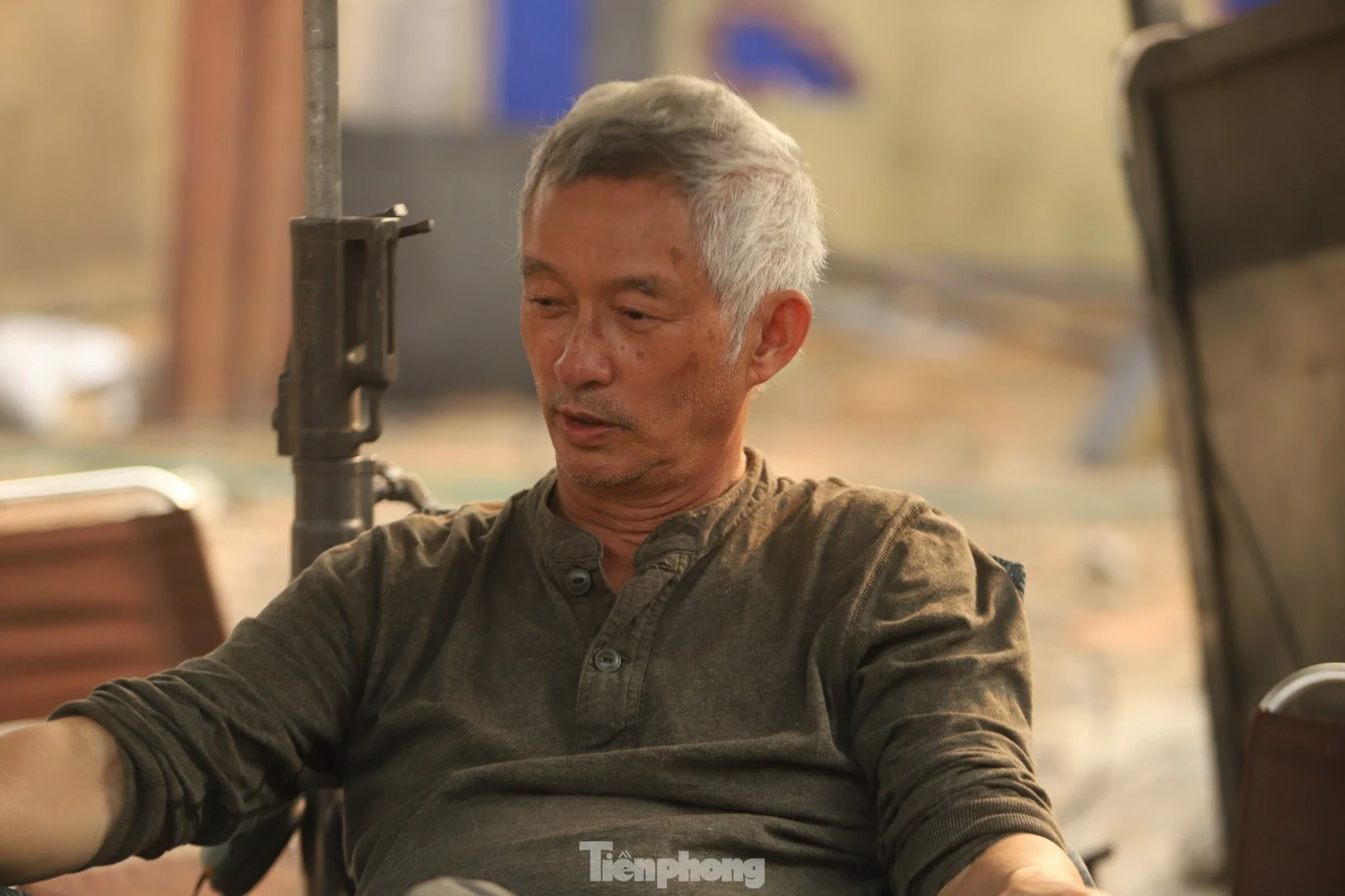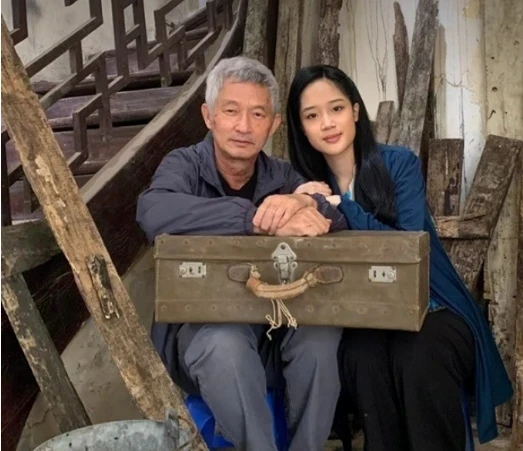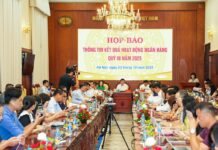Surprisingly receiving multiple private film invitations
With the hotness of
Dao, pho, and piano
, many audiences and film fans attended the meeting of two directors Phi Tien Son and Dang Nhat Minh with the name
From Hanoi winter 46 to Dao, pho, and piano
held on March 3rd.
The exchange meeting was led by musician Duong Thu. Director
Phi Tien Son
is currently abroad, so he participated in the exchange meeting online.
Director Phi Tien Son was touched by the great interest of
the audience
in
Dao, pho, and piano
. He affirmed
the success
, the spread of the film comes from
the existing national subliminal
of the Vietnamese people, which him and the film crew is just the catalyst for that switch to turn on.

The exchange meeting with director Phi Tien Son and Dang Nhat Minh was held on March 3rd in Hanoi.
The father of
Dao, pho, and piano
is happy when the historical film, the state-sponsored film, is getting more attention. However, the development path of this line of film is still difficult.
“After the outbreak of
Dao, pho, and piano
, I received many invitations from private film production companies but I declined since this path is difficult. I trust that my colleagues will continue the path of making
historical films
despite many obstacles,” said director Phi Tien Son.

The exchange meeting attracted a large number of audiences and fans of historical films.
Director Phi Tien Son
mentioned the difficulty of making historical films is the obligation to
respect history
. However, in reality, many historical facts are not completely accurate, which creates difficulties for
the creative team
of historical films.
“The important thing is that we need to demonstrate an attitude of
respecting the historical atmosphere
and creating that atmosphere. History is the basis for expressing the author’s perspective, the attitude of
honoring
our ancestors. If there is a disrespectful attitude towards our ancestors, the film will surely fail. The film will also receive the anger of the people, the community,” emphasized director Phi Tien Son.

Director Phi Tien Son on the set of Dao, pho, and piano. Photo: Nguyen Khanh.
Cinemas’ shortcomings don’t benefit from the release of state-sponsored films
The role of management levels plays an important role in developing historical films. Director Phi Tien Son believes that it is time for us to think about the style of making historical films in Vietnam.
“Many Vietnamese historical films are judged to be similar to Chinese films because we have not yet
established
our own style, showcasing Vietnamese culture through movies. This is not just the story that
filmmakers
have to think about but also all the people, the community need to contribute,” said director Phi Tien Son.
Discussing the difficulties in production and distribution of state-sponsored historical films, director Phi Tien Son said that the more expensive the tickets of
Dao, pho, and piano
, the more loss the National Film Center has to bear.
This happens because
Dao, pho, and piano
is a state-sponsored film, all the film’s revenue will be fully contributed to the state budget and the cinema owners will not receive a percentage of the revenue.

Director Phi Tien Son said that the more expensive the tickets of Dao, pho, and piano, the more loss the National Film Center has to bear
This is the reason why
Dao, pho, and piano
is difficult to be screened nationwide, only when private theaters actively apply for screening and fully contribute the film’s revenue to the state budget, this film will be widely released in many theaters.
Talking about the distribution of state-sponsored films, director
Dang Nhat Minh
said that in the past during the subsidy period, sponsored films were invested in all stages from production to distribution.
However, later, only the production cost remains, making many films unknown, even disappearing from the market after production. Director Dang Nhat Minh believes that in the future, the state needs to pay more attention to the distribution stage for this unique film line.
At the exchange meeting, the topics of developing cinema into a cultural industry, the difficulties in researching the historical context of films, building context, costumes in films, etc. were also mentioned and analyzed by the speakers.




































